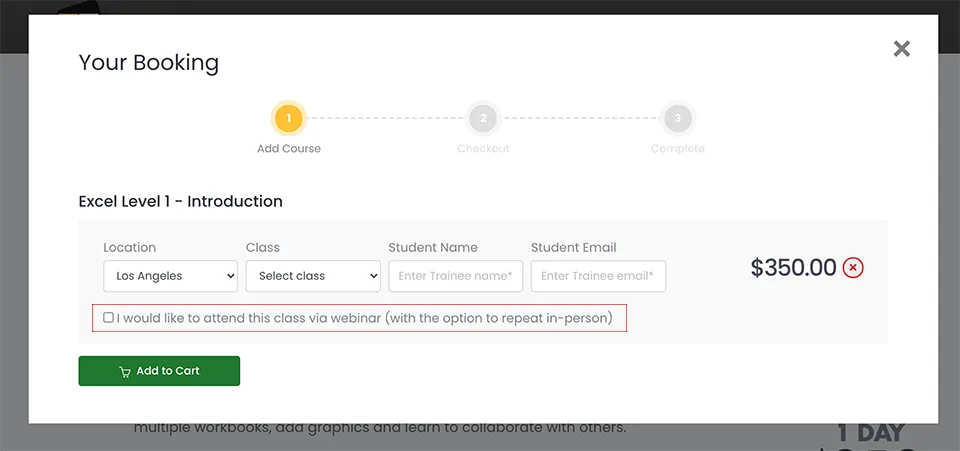Stress Management Techniques

It is impossible to experience work life balance without stress management. Stress is unavoidable. If we do not handle it well it can cause lasting physical and psychological damage. On the other hand, managing stress can combat its negative effects. Fortunately, stress management is not too complicated; anyone can learn how to manage stress.
Why not join one of our Time Management classes offered in Los Angeles? To register for a fun and informative day, call us on 888.815.0604.
Exercise
Everyone knows that exercise is an important part of a healthy lifestyle, but it is also a key aspect to managing stress. Exercise affects people mentally as well as physically. It produces endorphins that will improve your mood and prevent depression. In order to reap the benefits of exercise, however, you must be consistent with it.
-
Tips for Success:
- Choose an exercise you enjoy: You will not repeat an activity that you hate doing.
- Start slowly: If you over do it, you will simply become tired and discouraged.
- Schedule it: Exercise must be a priority or you will never get to it.
Also read How stress can affect your health.
Eating Well
Diet has a strong impact on our emotions and the way that we handle stress. Eating well is an important factor in stress management. Unfortunately, our bodies crave fatty, salty foods in times of stress. Rather than giving in to fast food cravings, focus on getting healthy. Tips:
- Avoid sugar and caffeine: Their highs may give you more energy, but once you crash, you are left more exhausted than before.
- Focus on nutrition: Be sure to include whole grains, lean protein, and leafy green in your diet.
- Eat frequently: Increase your focus by eating small healthy snacks throughout the day. This will balance blood sugar and increase energy.
Getting Enough Sleep
Many people are sleep deprived. Experts recommend sleeping between seven and nine hours a night. Sleep deprivation increases stress, weakens the immune system, and raises the risk of having an accident. Given the important role that sleeps plays in physical and mental health, it only makes sense to do everything in your power to improve sleep.
Ways to Improve Sleep
- Avoid electronics before bed: Studies show that the light of the television, phone, or computer may make falling asleep difficult.
- Relax: Unwind with a relaxing routine before bed.
- Exercise: Exercise will make it easier to fall asleep.
- Have a bedtime: A regular bedtime will train your body’s internal clock and help you fall asleep.
Read about the importance of a healthy work life balance.
Self-Assessment
We are not always aware of how much stress is affecting our lives. It is possible to believe that you are effectively managing your stress when, in reality, stress is managing you. This is why it is important to step back and assess your stress level. The results of the assessment will reveal any changes that you need to make in order to improve your stress management. You can use the results of the assessment to make the necessary changes to your diet, exercise, and sleep routines.
